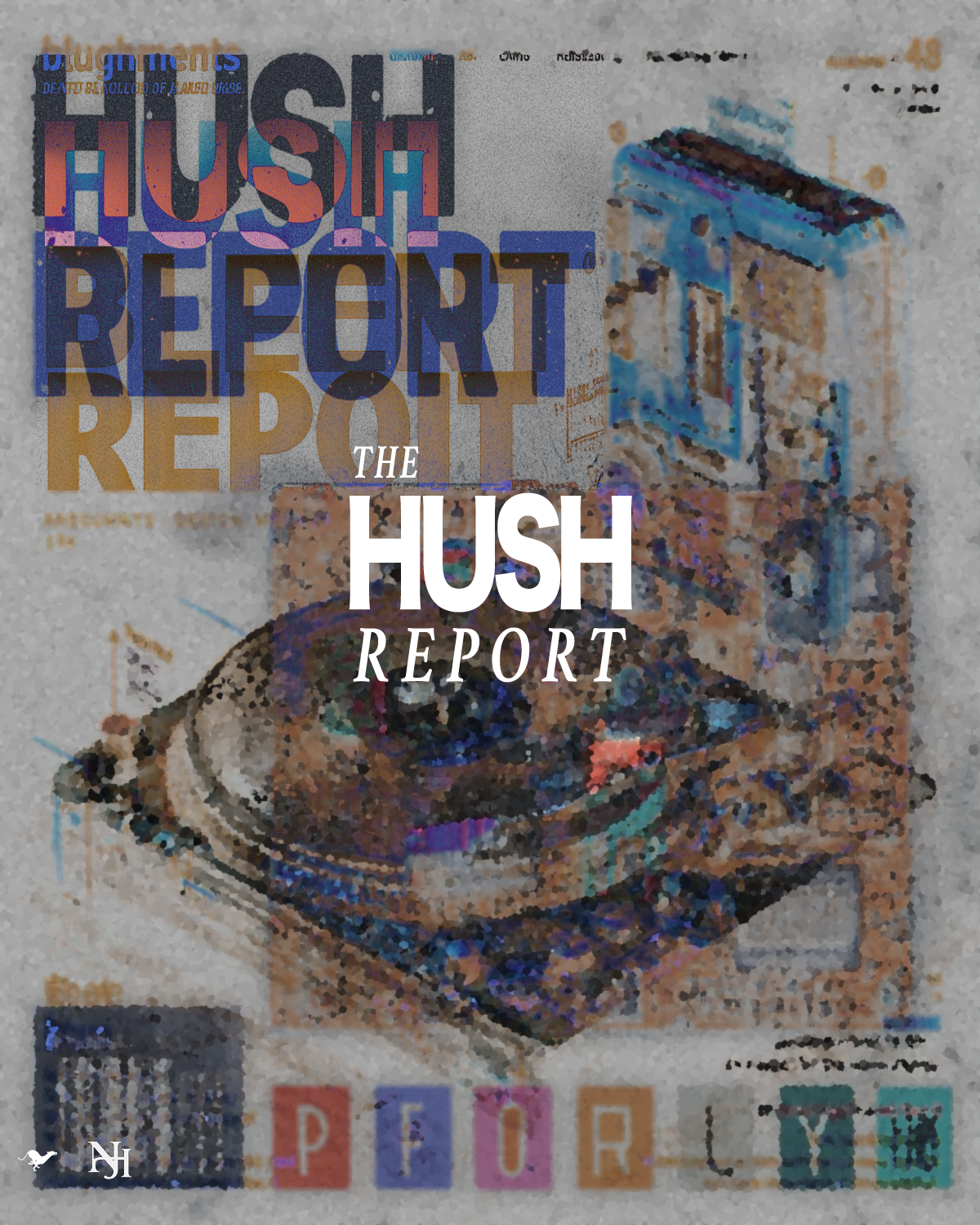
Timbaland, AI, and the New Business of Music
How one of hip-hop’s greatest producers is redefining the future of music, and what it means for artists navigating the rise of artificial intelligence.
Timbaland has always been a name tied to innovation, but his latest move has the music industry asking new questions about the line between creativity and technology. For over a year, Timbaland has engaged with independent artists through livestreams and digital platforms where he encouraged them to submit original beats, songs, and lyrics. To many, it felt like a once-in-a-lifetime opportunity to connect with a legend.
But things have shifted. Recently, Timbaland launched his first AI artist under his own AI-focused label. Since then, concerns have surfaced that some of the AI-generated music bears a close resemblance to the work submitted by those independent artists. The fear is that those sessions may have quietly served as the foundation for the AI's development without proper credit or compensation.
The core issue is not the use of AI itself. Platforms like TikTok and Instagram thrive on remix culture, and AI is already quietly powering much of the music industry behind the scenes. But what makes this moment different is the question of ownership and transparency. According to reports, some of the AI-generated records sound like direct extensions of the creative work previously submitted by independent artists. None of these artists have been publicly recognized or compensated.
Industry leaders like Young Guru have raised serious ethical concerns. Guru made it clear that using AI to enhance your process is one thing, but using it to sideline real creators and profit from their ideas without consent is another.
When I spoke with Ty Page, a talented rapper and producer who also holds weight in the corporate world, his perspective sharpened the conversation. Ty is not just watching this unfold as an artist. He is also looking at it through a business lens.
"If you are going to use people’s ideas, the least you can do is give them a seat at the table. Otherwise, you are not pushing the culture forward. You are just using it," Ty said.
His point stuck with me. Timbaland’s decision to lean into AI seems like a long-term business play. It is likely he holds financial stakes in AI platforms, meaning the more people use the technology, the more valuable his position becomes. For Timbaland, this is strategic. For independent artists, it feels like a door closing.
AI is not the villain. It is already shaping how music is made, marketed, and delivered. The real concern is how the industry may start to deprioritize human artists if AI can consistently produce music that sells. This shift could redefine how new talent breaks into the industry and who gets to own their sound.
Ty and I both agreed on one thing. Human-made music will always carry a value that AI cannot replicate. The imperfections, the texture, the subtle choices that make music feel alive are still irreplaceable. As AI music becomes more common, we believe there will be a resurgence in the demand for music that feels real, handcrafted, and imperfect.
"AI is not the problem. It is the way you use it that will shape your legacy," I said during our conversation.
This is not just a conversation about sound. It is about the structure of the industry, ownership, and the decisions artists must now make to protect their work and their future. The artists who will win in this next era will be the ones who stand out, who build their own lanes, and who create work so unique that AI cannot easily replicate it.
The future is already here. The question is, who will control it?









